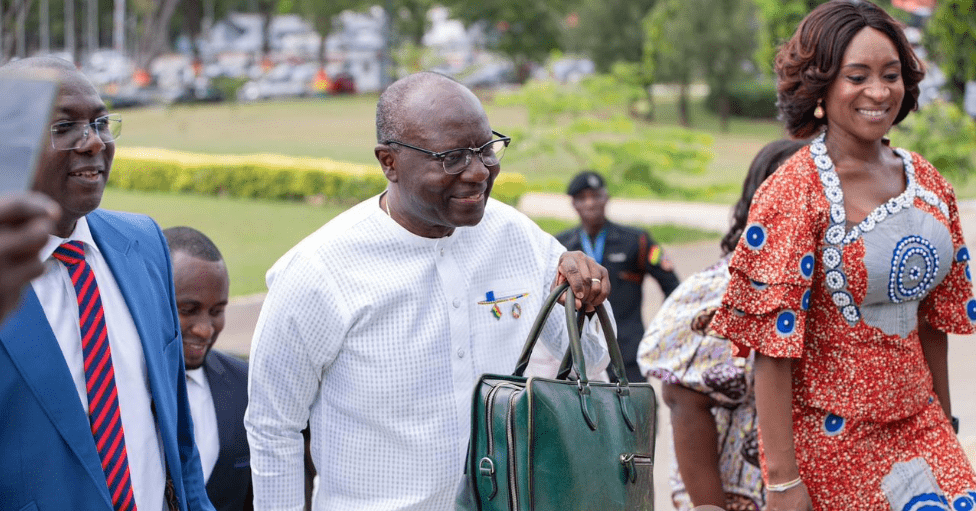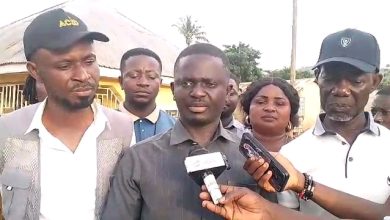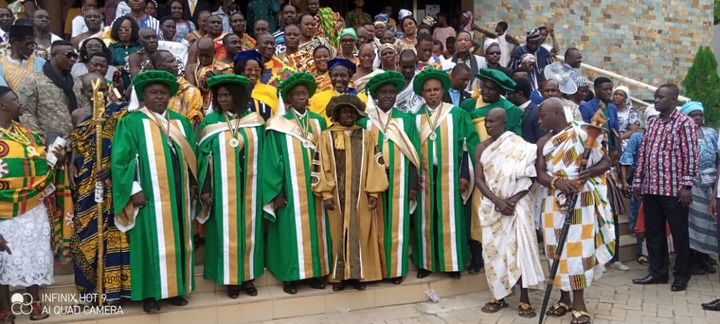Govt told to engage the public on tax measures to minimize agitations


To minimize the rate at which the citizens agitate over the implementation of tax measures, the government will have to engage in extensive stakeholder consultations prior to announcing the implementation of the policies, a private legal practitioner, Kwame Jantuah, has said.
Mr Jantuah explained that when people are clear in their minds why they have to pay certain taxes, it will be easier for them to comply to enable the government to generate the right amount of money expected.
Mr Jantuah said these when he was commenting on the Emission Levy, while speaking on the Big Issue on TV3 on Friday, February 2.
“The problem is how it is being implemented. The hidden agenda is carbon credit, do they tell us what they use the money for? People are prepared to pay taxes when they know what the taxes are being used for.
“If you are going to bring such a policy that will affect the people then you have to discuss it and engage them.”
For his part, the Member of Parliament for Jirapa, Cletus Seidu Dapilah described the Emission Levy as a lazy man’s approach adopted by the government to generate revenue.
He challenged the government to explain to the people what the money generated from this levy is going to be used for.
He said on the same show “This is lazy man’s approach by taxing vehicle owners and motor. You are collecting the taxes from people but you don’t tell them what you use the tax for. Let them say what they are going to use Emission Levy for. It is not stated, it is a lazy way and they just want to collect money from the people.”
However, a member of the communications team of the New Patriotic Party (NPP), Eric Amoako Twum stated how the government is utilizing the funds generated from the taxes to develop the country.
He says the funds are being used to construct roads, build hospitals and schools as well as pay teachers, doctors, and security officers.
To him, there are projects to show for the taxes that are being collected.
“These things cannot be done if we don’t collect taxes. The police and soldiers are being paid, kids going to school, doctors and teachers are being paid. Things are happening in the agric sector. Don’t you have roads in your constituencies,? He also stated on the Big Issue on TV3 while commenting on the Emission Levy.
Regarding this issue, Deputy National Director of A Rocha Ghana, Daryl Bosu, earlier stated that there were several other ways that the government could have gone about this issue of carbon emission rather than introducing the Emission Levy.
He suggested that the government could have introduced a scheme called ‘cap and tray’ rather than the levy which he described as a ‘blanket tax price’.
“If the government really needs to deal with emissions from sectors of the economy because they think they are high emitters of carbon, there are other schemes that the government could have used. One of them has been the ‘Cap and Trade’ scheme.
“Where for the particular sector you set a threshold and so as an entity in this particular sector don’t emit beyond this threshold, if you do then we are forced to tax you. That would have been better than a blanket tax price for almost every citizen, this is going to affect every sector of our economy,” he said while speaking on the Ghana Tonight Show on TV3 on Wednesday, January 31.
Daryl Bosu further indicated that the new Emission Levy tax is unjust.
He explained that Ghana is on the international stage asking that climate transition must be just, because African countries are the least emitters of carbon.
To that end, he said, it is surprising that the government will turn around and impose such a tax on its people.
The Emission levy was passed by Ghana’s Parliament last year and was expected to take effect from Thursday, February 1, 2024.
The Act will impose a levy on carbon dioxide equivalent emissions on internal combustion engine vehicles.
The implementation of the emissions levy aims to promote the adoption of eco-friendly technology and green energy, contributing to improved environmental management and the control of air and water pollution, according to the Ghana Revenue Authority.
The Authority stated that individuals obligated to pay the Emissions Levy must complete the registration process and make the levy payments exclusively through the ghana.gov platform.
Mr Daryl Bosu said “first of all the levy is unjust because we are in an international conference saying that climate transition must be just and so don’t tax us in Africa because we are least responsible so why come back home and impose the tax.
“If you look at the whole global community only about 27 developed countries have actually imposed carbon tax directly on their citizens and there are several other carbon trading schemes around in the world. In Africa, it is only South Africa that has got a semblance of a carbon tax that is in operation.
“So we really need to understand that there are several other schemes that we can use and other countries are using that.”





